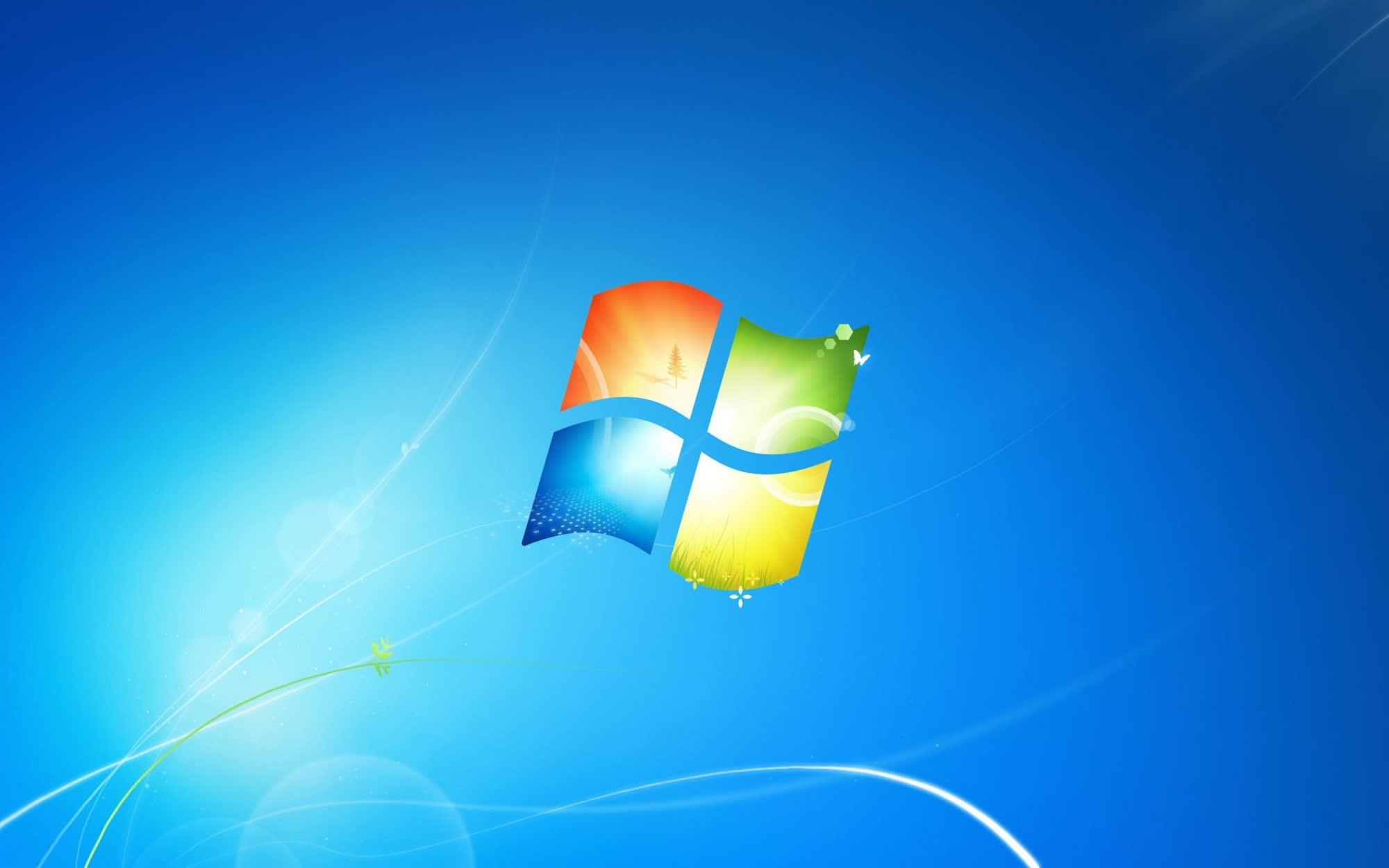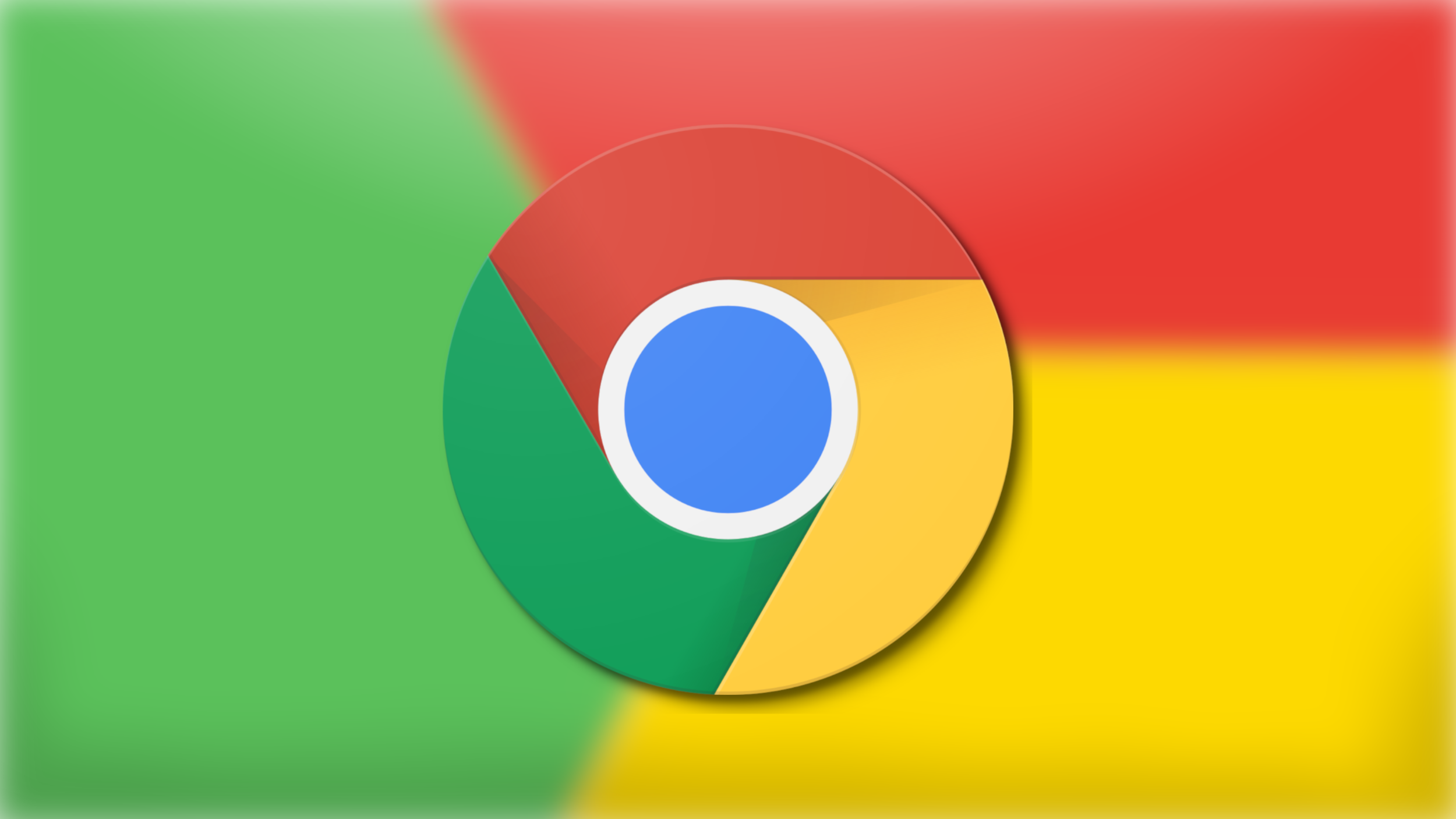What just happened? Windows 7 was initially released to manufacturing on July 22, 2009, and is no longer officially supported by Microsoft. And now, one of the most popular operating systems for PC is losing support from yet another extremely popular application - Google Chrome.
Released on February 7, Chrome 110 is the first version of the most popular web browser that won't run on Windows 7. Google is following Microsoft's lead in finally abandoning the old operating system for good, with Chrome now requiring Windows 10 at minimum. It's not the only change brought by the update but it certainly is the most outstanding one, especially for the many million of users still running the ancient OS.
Chrome 110 has been promoted to the stable channel for Windows, Mac and Linux, where the update will be rolled out over the coming days and weeks. Chrome 110 includes several changes and improvements, especially on the security front where Chromium developers fixed at least 15 security bugs ranging from a "high" (3) to "low" severity rating.
The fixed bugs were discovered in the JavaScript V8 engine, WebRTC communications, GPU utilization, and elsewhere. As usual, Google is thanking all the security researchers that worked with the company during the development cycle to make the stable release of Chrome a bit safer that before.

Chrome 110 also includes customizable network error pages and the option to use biometric authentication "on supported computers" (meaning, where biometric hardware is actually present) while managing passwords with the browser's own Password Manager. Chrome 110 is also the first version to support Nvidia's RTX Video Super Resolution, a proprietary technology to easily upscale video feeds on GeForce RTX cards.
Other changes include an automatic translation setting for selected languages, manual translation support on iOS, and a simpler process for password checks. Chrome desktop users can now get a more secure experience by enabling support for the system's Screen Lock ID method if biometric hardware isn't available.
Starting with Chrome 110, users still running Windows 7, Windows 8.x and Windows Server 2012/R2 will have three choices. They can continue to use an older version of the browser which is still compatible with the aforementioned OSes or switch to a different browser like Firefox (Mozilla developers are also debating how to phase out Windows 7 support right now.) The third choice, and likely the best one, would be to install a newer version of Windows or upgrade your PC if your current hardware doesn't support a newer OS.
Microsoft will continue to support Windows 10 until at least 2025.
